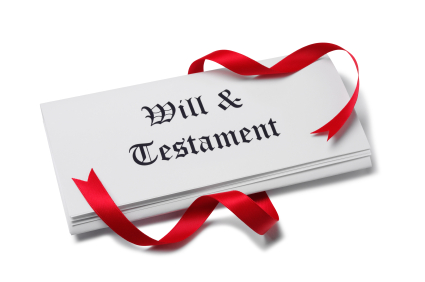Do I need to make a Will?

The answer is “yes”. If you do not make a Will your estate may not go to the people you want it to. Furthermore, you may not adequately protect your estate from Inheritance Tax.
If you die without making a Will (known as being intestate), your estate will usually be divided amongst your family, based on a series of specific rules. These rules depend on the value of your estate, whether you are married, whether you have children, whether your children are alive etc. Those rules may not be how you would want your estate to be divided and they may not adequately protect your loved ones. To ensure that your personal wishes are carried out you must make a Will.
A Will is one of the most important documents you will possess and it has direct implications for your next of kin when you die.
A Will can also help to reduce your liability to Inheritance Tax (IHT), particularly in relation to your spouse or civil partner.
Whilst there is no need to use a solicitor when making a Will and thousands of people write their own Wills using reference books or ‘do it yourself’ packs, the rules and regulations are extremely complex and there are numerous pitfalls for the unwary. Solicitors make considerably more money out of sorting out messy or unenforceable instructions than they do dealing with accurate and properly drafted and executed documents. The most common errors made by the layman include:-
- Being unaware of the precise requirements necessary to execute and sign the Will
- Failing to distribute all of the assets which may allow the Crown to make a claim
- Failure to give instructions on how to re-distribute assets in the event of a beneficiary dying
- Altering a Will improperly after the initial execution
- Not taking account of changing relationships including marriages, divorces, births and The Civil Partnership Act
- Failure to consider that dependants may have a prior claim on the estate
